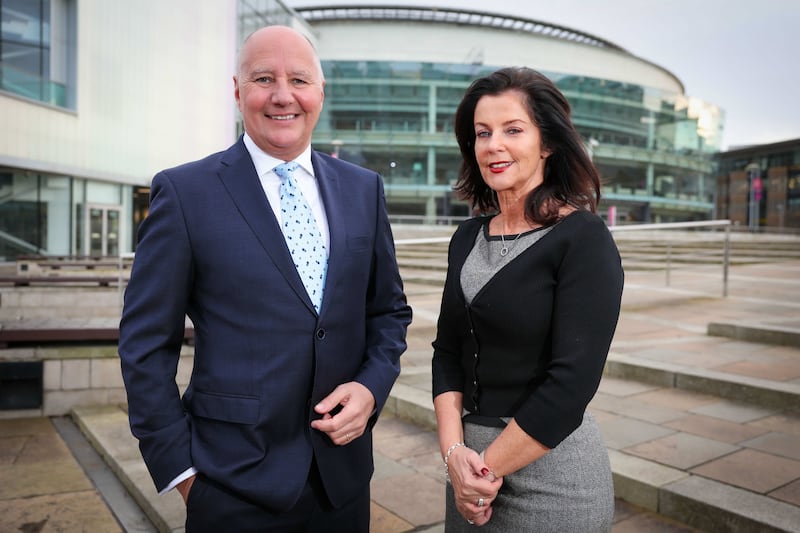THE emergence of the digital age has created new possibilities for businesses with the development of innovative technologies, enabling them to work in very different and advanced ways.
However, what businesses shouldn’t do is simply translate what has traditionally been carried out in the analogue world into the digital era. Businesses have the opportunity to rethink the ways in which they do things to ensure the most effective results for both staff and their clients.
As a futurologist at BT, it is my role to predict future trends and how these can impact upon both SMEs as well as large corporate organisations. It is crucial that business leaders are aware of the six ‘D’s that are shaping the future of work.
Firstly, we have the rise of Diversity. An increasingly diverse workforce is desirable because diverse ideas are more likely to generate innovative solutions for businesses. It also means that one-size does not fit all anymore and this trend challenges everything from work patterns to management styles and technology choices.
In addition to this, people tend to want to do things their own way and this means that saying “no” (aka the death of Dr No) is becoming increasingly difficult for businesses. This starts with trends such as staff using their own devices and apps in work or even wearing their own device in the office.
Businesses will also have the death of Dolly, which is something that many companies are already experiencing. Essentially 9am to 5pm business hours will no longer be applicable as our devices allow us to be ‘always on’. The challenge businesses are beginning to face is actually switching them off to achieve a greater work life balance.
The death of Dilbert will also be more apparent. As we become untethered from our desks, do we need an office anymore? Are offices becoming key collaboration tools, where we come together and socialise about work? Are our offices designed for that purpose, though, or are they one-size-fits-all environments that fit nobody?
In addition to this, is the fact that staff are increasingly working with people they don’t know and never actually meet within their businesses. Therefore, is Distance now dead? When people are strangers, have spent little or no time with each other and have very little in common beyond their ability to connect, can a combination of culture and technology help businesses to create “fast trust” with colleagues?
Finally, we have the much hyped rise of the Droid. In the future we may have to consider that our jobs become taken over by robots. The other school of thought is that perhaps robots are going to make us less like machines and more human.
At BT, I always describe future trend watching as a compass rather than a road map. In other words, the trends that I have outlined should give businesses a general direction rather than an exact path.
Rather than crystal ball gazing, my role at BT is about doing research, exploring possibilities and experimenting to see what works and, more importantly, what doesn’t. Making innovation real is the easiest way to bring people along with you in business.
Failure to some degree is almost inevitable, so failing fast and learning from that failure is vitally important in order to move forward and get things right to secure the success of businesses in the increasingly digital age.
- Dr Nicola Millard is head of customer insight and futures, BT Global Services Innovation Team and will be a guest speaker at the Responsible Business Summit at Belfast Waterfront on October 5, organised by Business in the Community Northern Ireland. For a full list of speakers, or to book your place, visit www.RBSummitni.com








